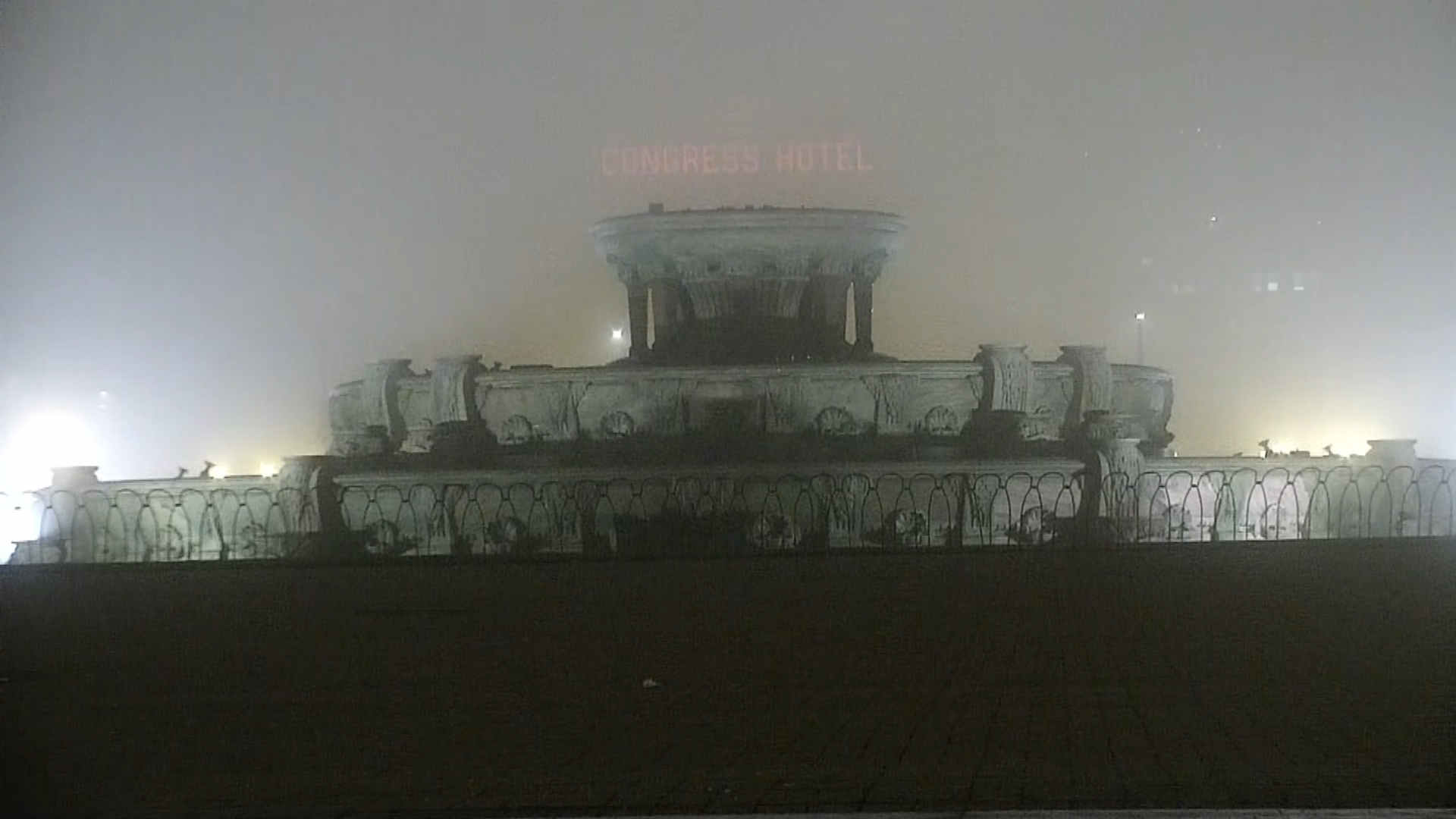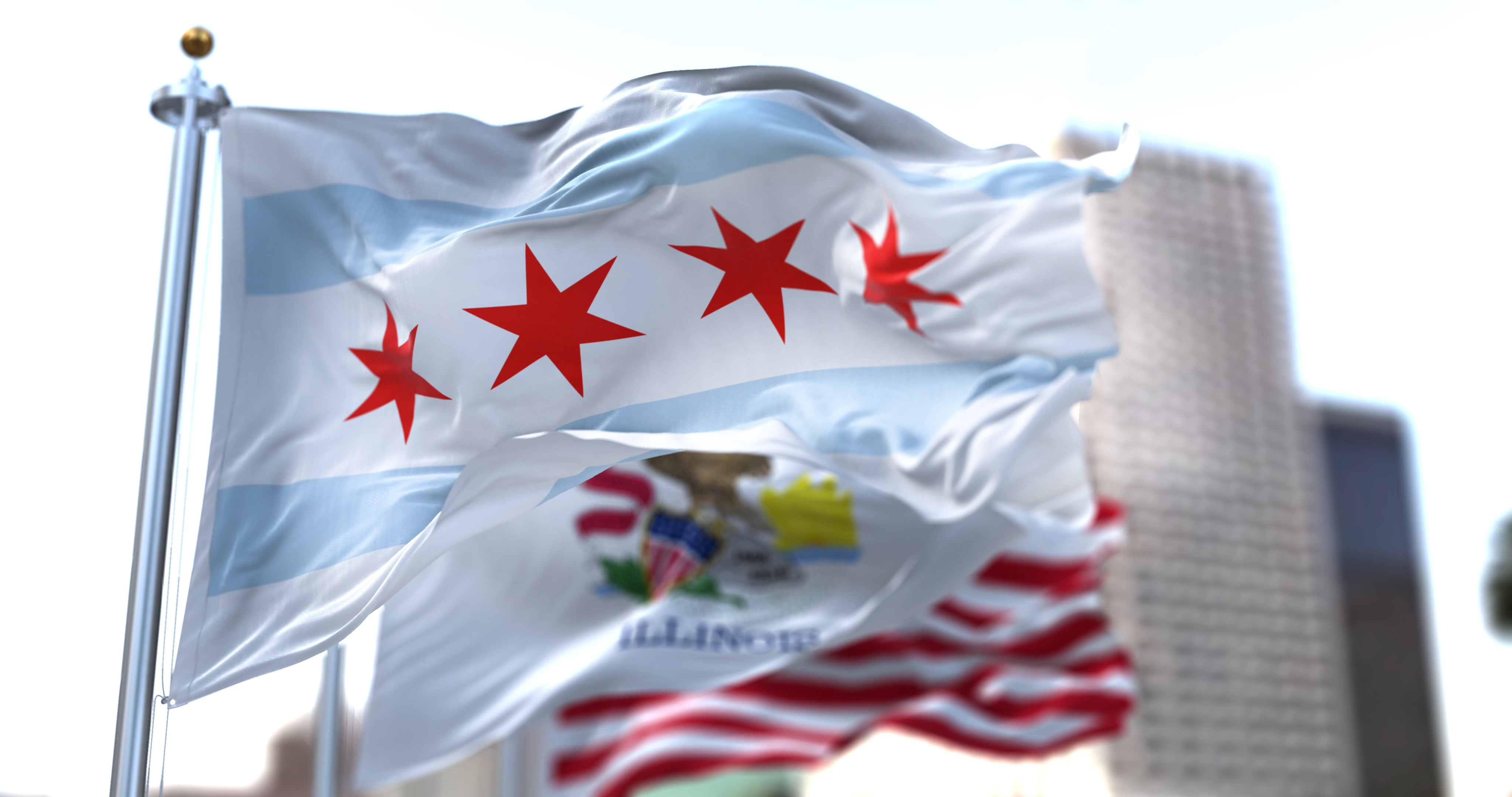The city of Chicago planned to keep using ShotSpotter technology through the end of summer even after opting not to renew their contract with the company, but that plan is facing obstacles.
Multiple sources tell NBC Chicago that Sound Thinking, the company that owns ShotSpotter, has rejected the city’s offer to extend its contract for six more months.
As a result, members of Chicago’s City Council tell NBC Chicago that the technology is expected to shut off at midnight Friday when the current contract ends.
The city, who has not responded to request for comment at this time, has informed members of the City Council that negotiations remain ongoing with the company.
Mayor Brandon Johnson announced Tuesday that the city would not extend its contract with the company, but had aimed to arrange a short-term extension through September, guaranteeing that the technology would remain in place through the summer and the Democratic National Convention.
An agreement to codify that arrangement has not yet been reached.
The controversial technology has invited criticism and praise since it was installed since 2012. Chicago Ald. Chris Taliafefro says the decision to remove ShotSpotter “is a great loss to the city,” echoing sentiments of some other officials.
Local
"It's a great loss for the city of Chicago, particularly as we go into the summer months, (and) as we go into the Democratic National Convention with a police department that is already undersized by at least 2,000 officers," he said.
Ald. Anthony Beale criticized the administration for announcing the parameters of the decision before a contract before it was agreed upon.
Feeling out of the loop? We'll catch you up on the Chicago news you need to know. Sign up for the weekly Chicago Catch-Up newsletter here.
"The city has lost all of its leverage when you make an announcement you're canceling ShotSpotter and extending it until September without having a signed contract," he said. "They can turn the switch off at midnight Friday night."
Critics meanwhile are skeptical about the usefulness of the technology, warning that it actually can result in negative outcomes.
The equipment uses acoustic sensors to triangulate the sound of gunfire, with information relayed to police within 60 seconds, according to the company’s website.
“Moving forward, the city of Chicago will deploy its resources on the most effective strategies and tactics proven to accelerate the current downward trend in violent crime,” according to a statement from the city. “Doing this work, in consultation with community, violence prevention organizations and law enforcement, provides a pathway to a better, stronger, safer Chicago for all.”
Activists argued that the technology is ineffective, and actually heightens the risk of violent encounters with police officers. The MacArthur Justice Foundation found that 89% of ShotSpotter reports led police to find no gun-related crime, and 86% turned up no crime at all, according to a 2021 study.
Johnson’s mayoral campaign included promises to get rid of the technology, saying it was unreliable and citing incidents like the fatal police shooting of 13-year-old Adam Toledo in 2021.
Groups like “#StopShotSpotter” argue that treating gun violence as a public health issue, rather than a problem in need of “flashy new law enforcement surveillance tools,” is the proper approach.
Those in favor of the technology argue that it helps save lives by allowing for rapid deployment of resources to scenes of potential shootings, improving response times and offering the potential for rapid assistance for those injured by gunfire.



